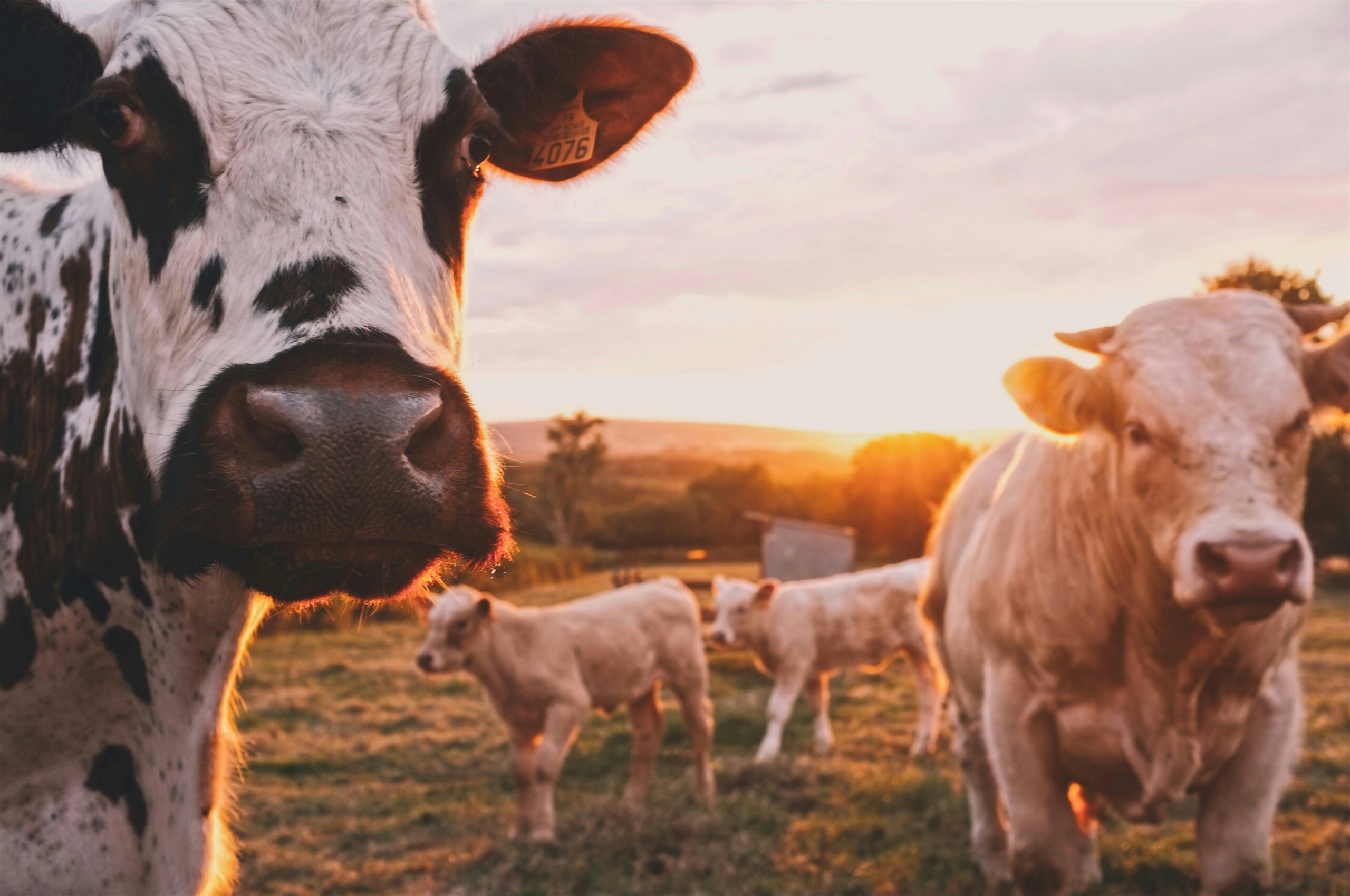Agricultural Wastewater
Effective wastewater treatment is crucial on farms for managing livestock waste and enhancing sustainability. Processes like the dewatering of digestate from anaerobic digesters reduce waste and recover valuable biofertilizers. These practices help prevent local water body pollution and support water reuse for crop irrigation and soil management. Ensuring clean water through stringent treatment is vital for maintaining animal health, crop productivity, operational efficiency, and regulatory compliance, bolstering the sustainability of agricultural operations.

Industry Overview
Challenges in Wastewater Treatment
The three key challenges we’ve identified include:
High Nutrient Loads
Agricultural wastewater often contains elevated levels of nutrients such as nitrogen and phosphorus, which can lead to eutrophication in nearby water bodies. Effectively managing these nutrients to prevent environmental damage while exploring recovery options for reuse as fertilizers remains a significant challenge.
Seasonal Variations
Seasonal changes impact the quantity and composition of agricultural wastewater, with fluctuations in crop activity and animal waste management. Increased runoff and nutrient leaching from animal waste during wet or cold seasons require adaptable treatment processes to ensure year-round efficacy.
Scalability
Developing wastewater treatment solutions that can scale with the size of the agricultural operation—from small family farms to large commercial agribusinesses—poses a logistical challenge. Solutions need to be adaptable and cost-effective to suit various operational scales and types.